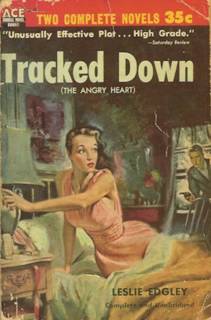In Ed Gorman's comment on the previous post, he mentions his hardboiled buddies laughing at him for reading Agatha Christie. That brings to mind something that puzzles me a little. When did the mystery field become so balkanized? I started reading mysteries in the Sixties, and I read everything. The classic hardboiled stuff -- Hammett, Chandler, Ross Macdonald, John D. MacDonald, Mickey Spillane, Richard S. Prather. More traditional whodunits -- Ellery Queen, Rex Stout. British mysteries -- Agatha Christie, Dorothy S. Sayer, Ngaio Marsh, Margery Allingham. Spy novels -- Ian Fleming, Donald Hamilton, John Le Carre, Man from U.N.C.L.E. books, Edward S. Aarons. I read about rogues like the Saint and the Baron, I read about cops like Roger West and the guys from the 87th Precinct. I could go on, but you get the idea. I read just about everything there was in the mystery field . . . and it seemed perfectly normal to me. Now you got your hardboiled readers laughing at cozies and your cozy readers sneering at the hardboiled stuff, and for all I know people who read cat mysteries can't understand why anybody would want to read a dog mystery, and vice versa. I don't understand it. Give me a good story and some reasonably interesting characters, and I'm fine with it, no matter what the trappings might be.
The only thing less understandable to me than people who read only one genre, or even one sub-genre, are the folks who read only one author. When I was running a used bookstore, more than once I had customers tell me that they read only Louis L'Amour books. And when they finished reading all of them, they went back and started over again. Now, I think L'Amour wrote some really good Western novels (TO TAME A LAND and FLINT are probably my favorites), but I can't even begin to comprehend spending the rest of my life endlessly rereading his books. There are probably people who read only Barbara Cartland or Edgar Rice Burroughs or Erle Stanley Gardner (to name three prolific authors at random).
I tell you what, though, people who read only one author or one genre, at least they're reading, which makes them more and more of a rarity these days, so bless their hearts and more power to 'em, I guess. That's sure better than not reading at all.
Molly Parkin cover gallery
4 hours ago



